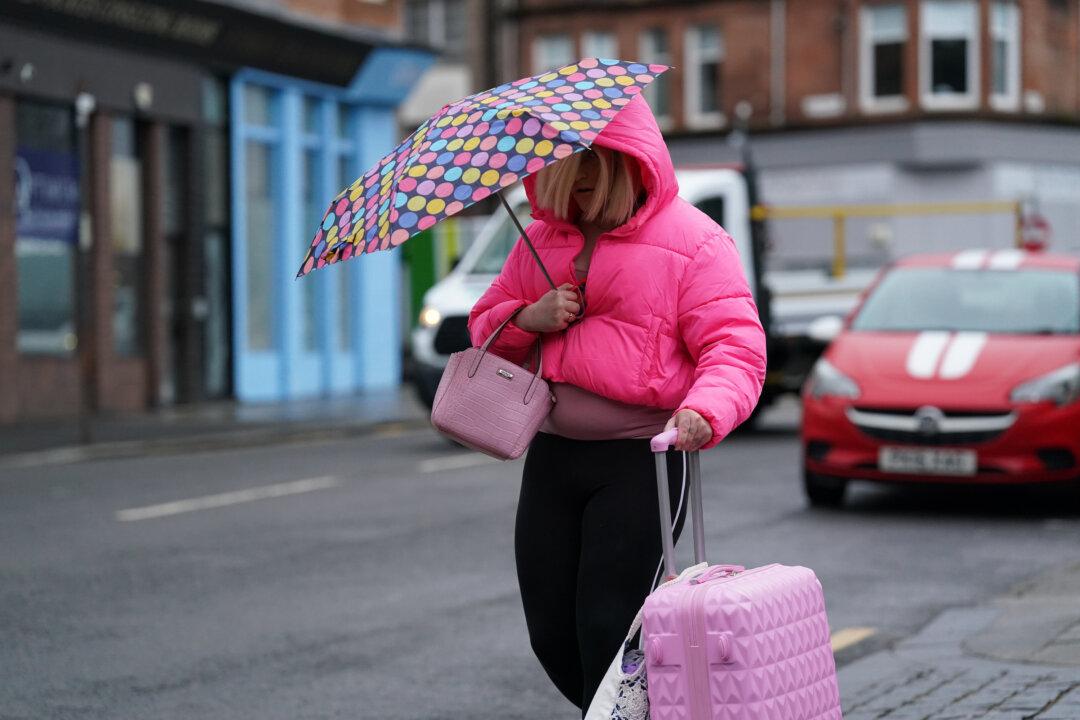Nicola Sturgeon came under pressure from campaigners, MPs, and Downing Street after they expressed concerns that a transgender rapist convicted of attacks on two women was set to be sent to a female jail to await sentencing.
At Holyrood on Thursday, the Scottish First Minister confirmed that the trans prisoner Isla Bryson, who was convicted of raping two women, will not be incarcerated at Cornton Vale women’s prison.




